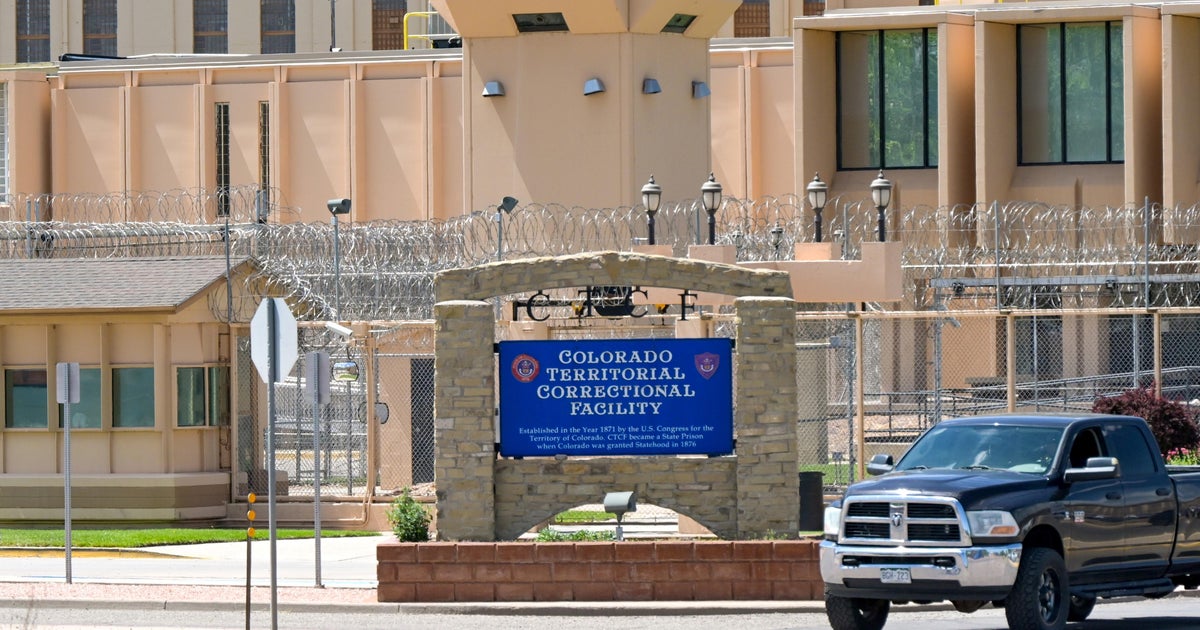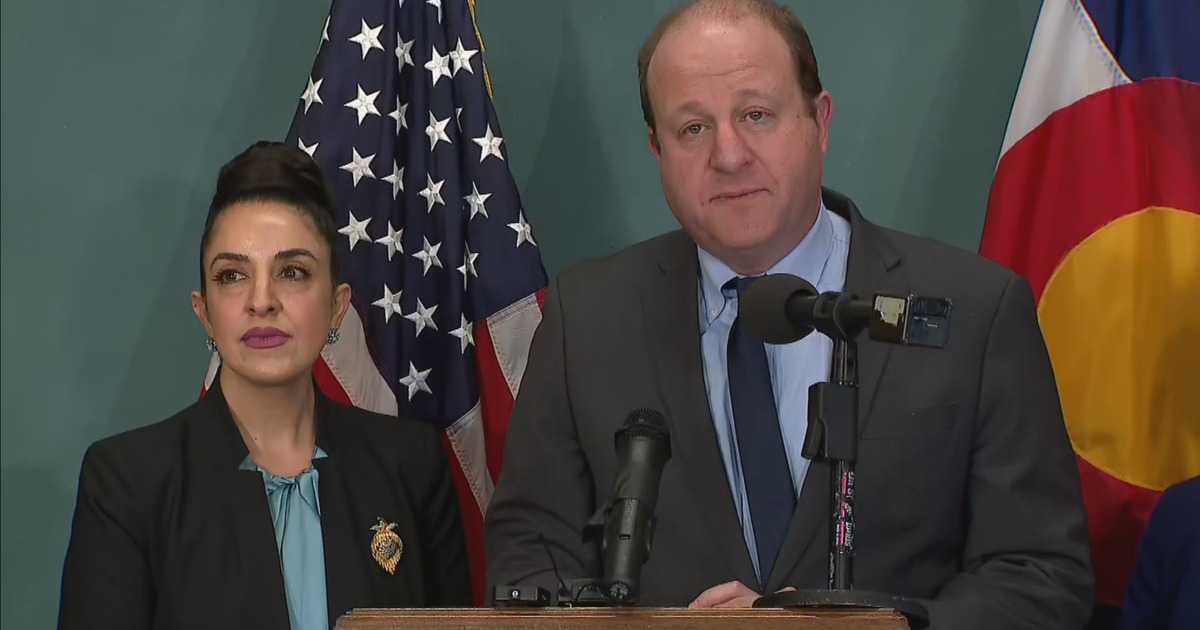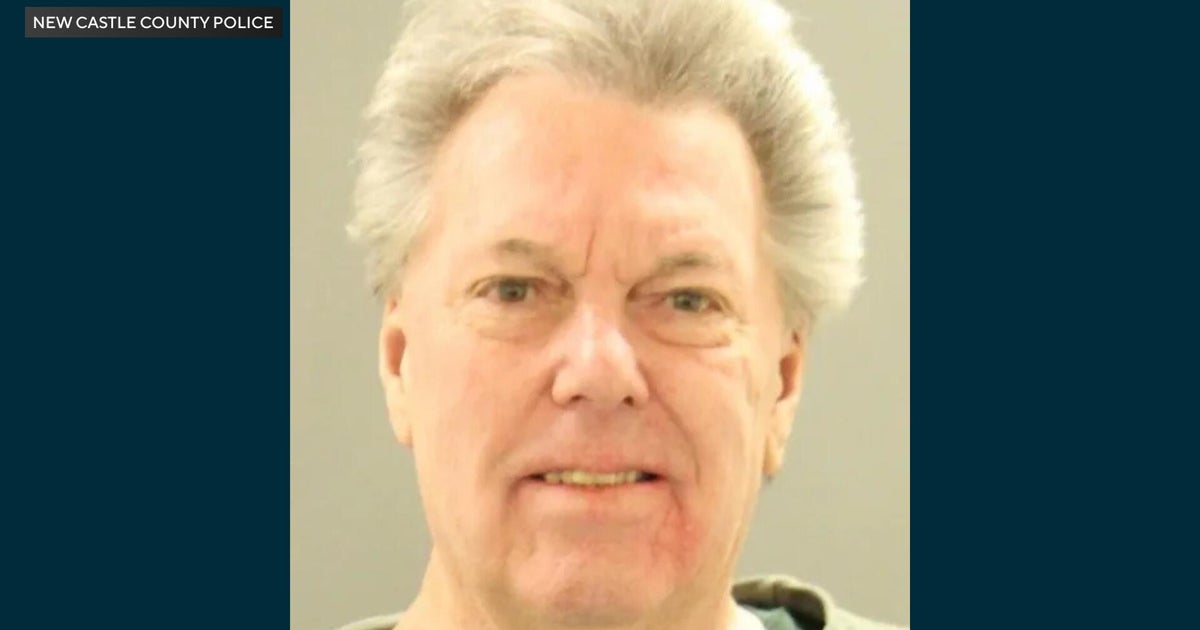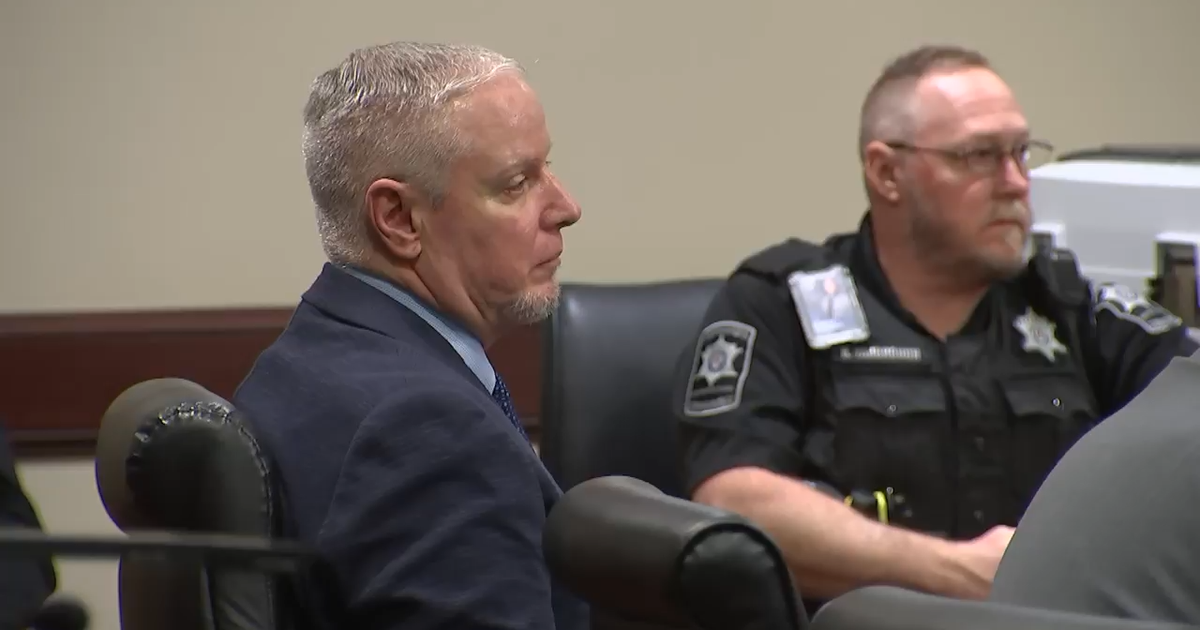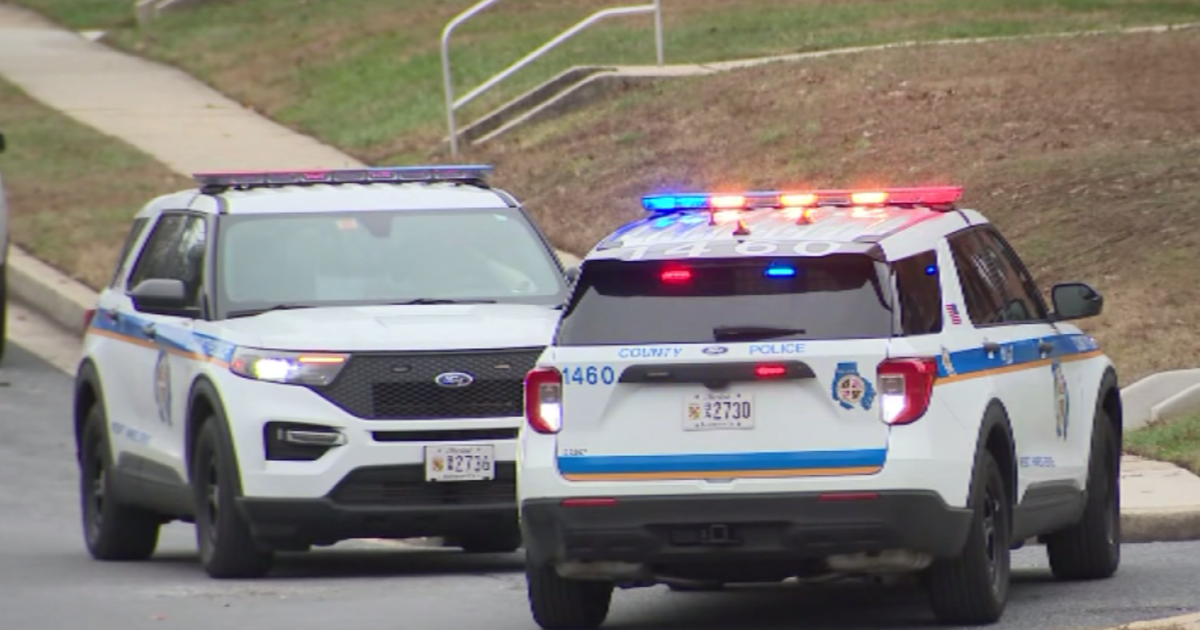Minn. Supreme Court Upholds Denial Of Public Defender For Derek Chauvin's Appeal
MINNEAPOLIS (WCCO) -- The Minnesota Supreme Court has upheld the denial of Derek Chauvin's request for a public defender to represent him in the appeal of his murder conviction.
Chauvin, a former Minneapolis police officer, was convicted in April of second-degree unintentional murder, third-degree murder and second-degree manslaughter in George Floyd's death on Memorial Day of 2020. He was sentenced to 22-and-a-half years in prison.
When Chauvin filed his appeal last month, he also sought "pauper status," which would have exempted him from having to pay court costs and filing fees. That motion was denied.
He applied for a public defender on the grounds "his debts currently exceed his limited assets." The Office of the Minnesota Appellate Public Defender ruled him ineligible, and after reviewing his financial information, the Supreme Court agreed.
"We conclude that Chauvin has not established that he is entitled to appointed representation at this time," Chief Justice Lorie Gildea wrote.
Eric Nelson represented Chauvin in state court and has been listed as his counsel for a federal civil rights case, in which Chauvin has pleaded not guilty.
In his appeal, Chauvin alleges prosecutorial and juror misconduct, as well as judicial indiscretion.
Chauvin, who is white, knelt on the neck of Floyd, who was Black, for almost 10 minutes. Body camera and surveillance footage submitted in court showed Floyd laying face down on the street, begging for air and not resisting arrest as Chauvin was on top of him.
Footage also showed two of the other three former officers with Chauvin on the night of Floyd's death -- J. Alexander Kueng and Thomas Lane -- helping to restrain Floyd. Kueng is seen knelling on Floyd's back, while Lane holds Floyd's legs. The third officer, Tou Thao, is seen dealing with bystanders at the scene, and preventing them from intervening.
All three men also pleaded not guilty to federal civil rights charges. They face state charges of aiding and abetting second-degree murder and manslaughter, with their joint trial scheduled to start in March of next year.

